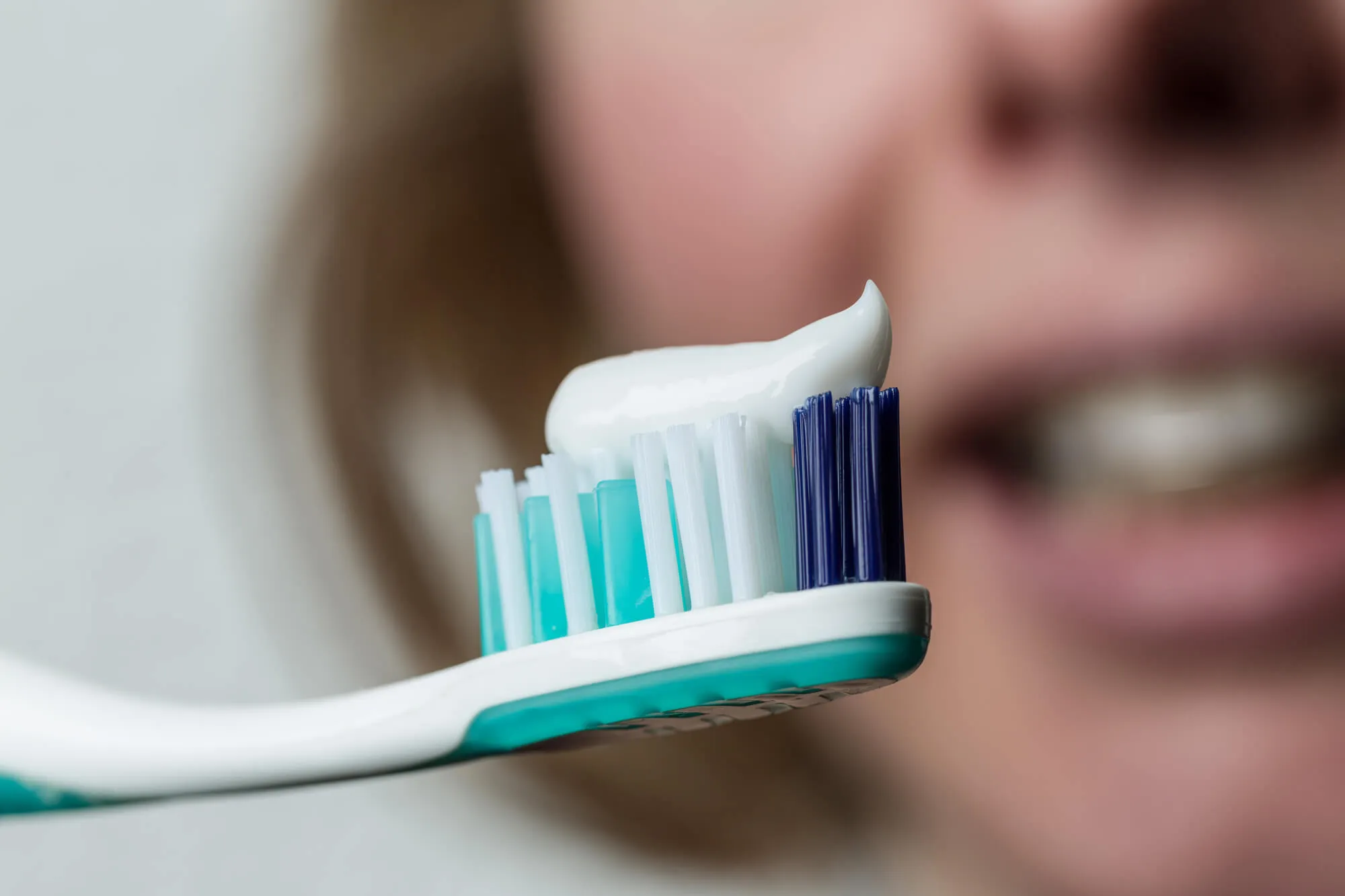Everyone wants a clean, healthy smile, but it’s easy to get confused about how much care is too much or too little. Many people try home remedies or copy online “hacks” to save time or money, not realizing they may be harming their teeth and gums. From using sharp objects to scrape away tartar to brushing too aggressively, small mistakes can lead to big problems later on. If you’re serious about teeth cleaning in Issaquah, knowing what to do and what to avoid makes all the difference.

A consistent at-home routine supports the work your dental hygienist does during professional cleanings. Here’s how to maintain good dental health between visits.
Brushing twice a day is non-negotiable, but how you brush is just as important as how often. Use a soft-bristled toothbrush and fluoride toothpaste. Hard bristles or excessive pressure can wear down enamel and irritate gums. Aim for small, circular motions and spend at least two minutes covering every surface—front, back, and chewing edges.
Electric toothbrushes are also effective, particularly for individuals who struggle with manual brushing or wear braces.
Flossing removes food and plaque that your toothbrush can’t reach. It may feel tedious, but it’s one of the best ways to prevent gum inflammation and decay between teeth. Slide the floss gently under the gumline and curve it around each tooth in a C-shape. If traditional floss feels awkward, try interdental brushes or water flossers for easier cleaning.
A good mouthwash can reduce bacteria, freshen breath, and help remineralize enamel when used correctly. Fluoride mouthwash is ideal for cavity prevention, while antibacterial rinses target germs that cause gum issues. Swish for 30 seconds after brushing and flossing, then refrain from eating or drinking for at least 30 minutes to allow the product to work effectively.
Even with the best intentions, some habits do more harm than good. Here are a few common mistakes to avoid.
Tartar is hardened plaque that can’t be brushed away. Some people use sharp tools or metal picks at home, thinking they can scrape it off like a hygienist. Unfortunately, that can cause gum injury, enamel damage, and even infection. Tartar removal requires professional tools and sterile conditions, which can only be safely provided by a dentist or hygienist.
It’s tempting to think that more brushing means cleaner teeth, but overbrushing can wear down enamel and expose sensitive dentin. Stick to two thorough sessions a day. If your teeth feel fuzzy in between, rinse with water or chew sugar-free gum to stimulate saliva and wash away debris.
DIY teeth-cleaning tricks—like using baking soda, charcoal, or lemon juice—can erode enamel or irritate your gums. While these may give a short-term brightness boost, they can cause long-term sensitivity and uneven wear. Stick to products approved by the American Dental Association and talk to your dentist before trying new at-home treatments.

Even with a flawless at-home routine, plaque and tartar can still build up in hard-to-reach areas. Professional cleanings remove those deposits before they lead to gum disease or decay. They also give your dental team a chance to catch small issues early, saving you discomfort and expense in the future.
At APEX Dental Care, we believe preventive care is the foundation of lasting oral health. Our hygienists are trained to clean thoroughly, educate gently, and help you feel confident about your smile.
Schedule your professional teeth cleaning today and let’s keep your teeth strong, bright, and healthy—one appointment at a time.